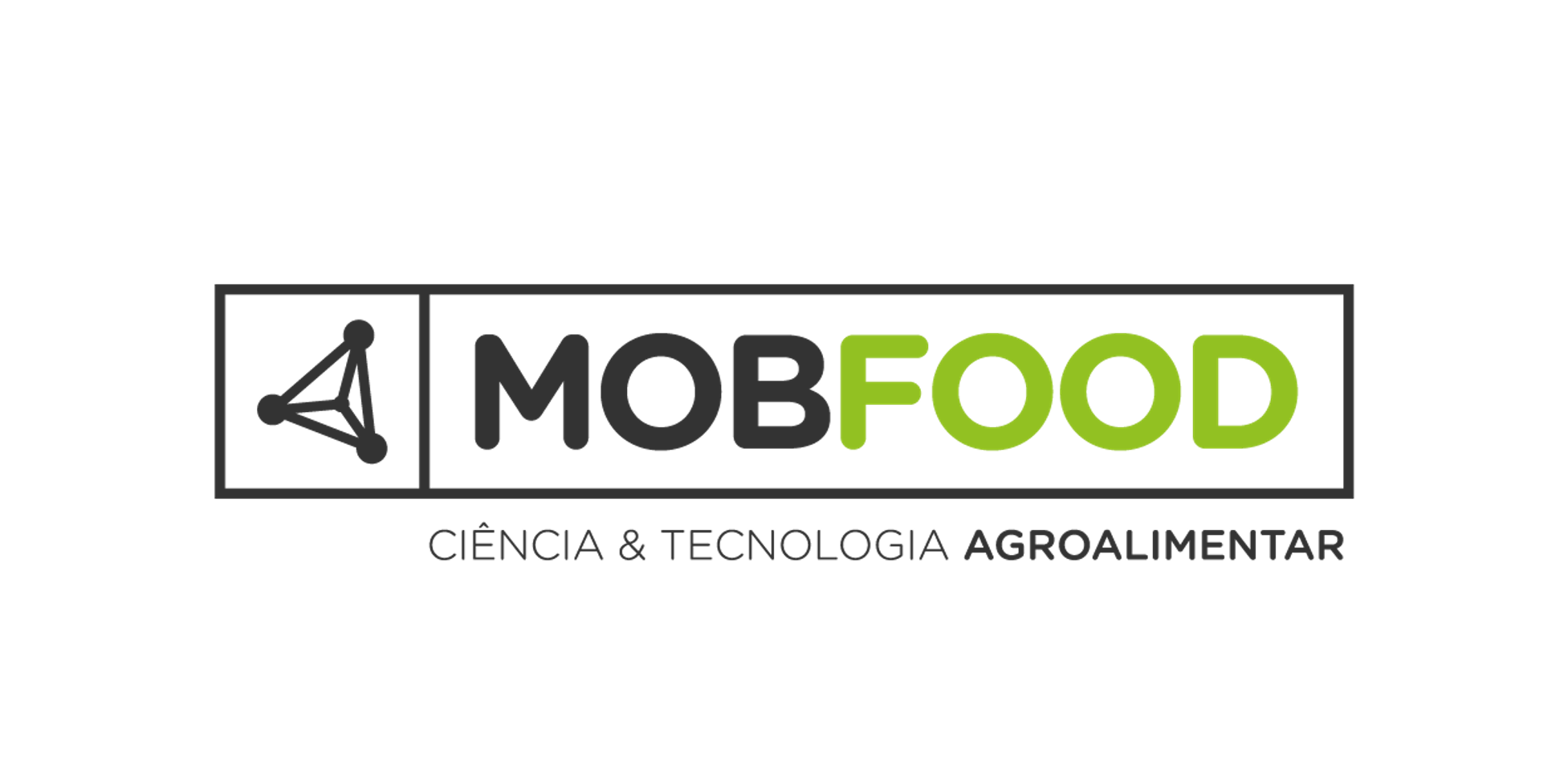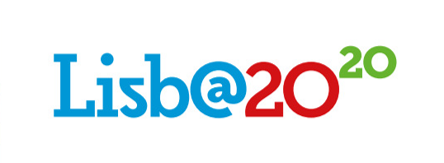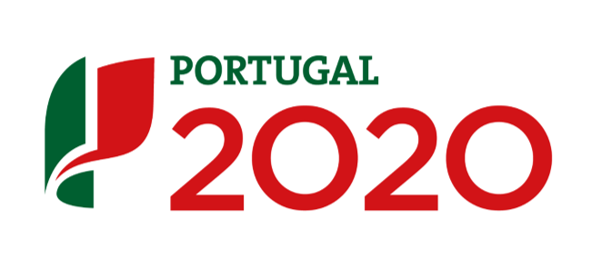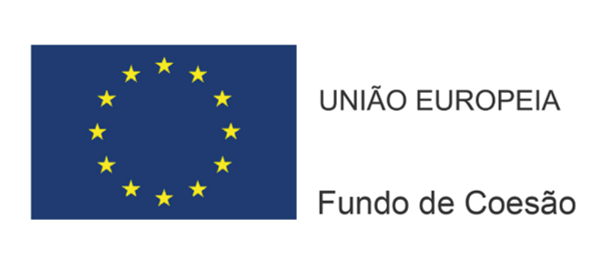Mobilizing scientific and technological knowledge in response to the challenges of the agri-food market
MobFood project is the result of an open debate carried out by several agents from the agribusiness that aims to find the right path to promote the competitiveness of the national food industry in an organized and integrated manner. It will be strategically undertaken with a close collaboration between scientific institutions and private companies grounded on economic growth measures based on R&D, innovation and technologies for new products, services and processes achievement with direct effects in all value chain. The principal aim is to make the sector totally sustainable, resilient, open, safer and with an effective utilization of resources being consumer-driven.
The main goals will be attained through the implementation of the solution in three fundamental principles: “Food Safety and Sustainability”, ”Food for Health and Well-being”? and “Safe Food and Quality”, embodied in the research and development for several processes, products or services.
The join-venture is composed by 47 entities that represent all Portuguese agribusiness, with participant companies from different agroindustry subsectors. R&D entities participants will bring the ability for a complete approach of the different areas of key knowledge for an acute development of the Portuguese food industry.
The MobFood project is organized in 9 PPS: Emerging Technologies, Resources Valorization, Sustainable Packaging, Nutrition, Health and Well-being, Quality and Food Safety, Authenticity and Traceability of products, Logistics, Consumer and Coordination, implementation, dissemination and exploitation of results.
PPS7, where OpLog is involved, aims to address challenges in the agri-food chain related to the fragmentation of the entities involved and the lack of synchronization between direct and inverse flows. Thus, by promoting collaboration in the sustainability-driven chain, we intend to develop a new system composed of two main blocks: (i) new framework / methodology of collaboration and (ii) a dashboard that allows to view critical information for the monitoring of all processes in the supply chain.
Involving in PPS7 a set of stakeholders present in different activities in the chain will allow the construction of a mapping base that will work for their levels of collaboration and sustainability. Validation will be achieved with pilot cases specific to the fruit and vegetable and meat food chains.
The development of the activities will be based on systematization of information between the partners, through the human resources activities, in order to build the mapping bases. Levels of collaboration and sustainability will benefit from the state of the art research activities that non-business partners already develop and master, advancing their adaptation and application to the agri-food case. The development of a management support framework and dashboard closes the development axis of PPS7.
PPS7 consists of 6 partners: 2 non-business partners - IST and FEUP and 4 industrial partners - Olano, Sonae, ITS and Greenyard Logistics. The coordination of PPS7 is ensured by OLANO, and the IST is coordinator from the scientific point of view. The work plan is structured into 6 activities, where all promoters are involved in both management and development.
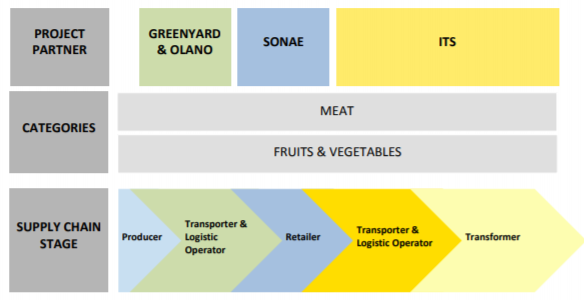
Figure 1 - Summary description of PPS7 (source)
